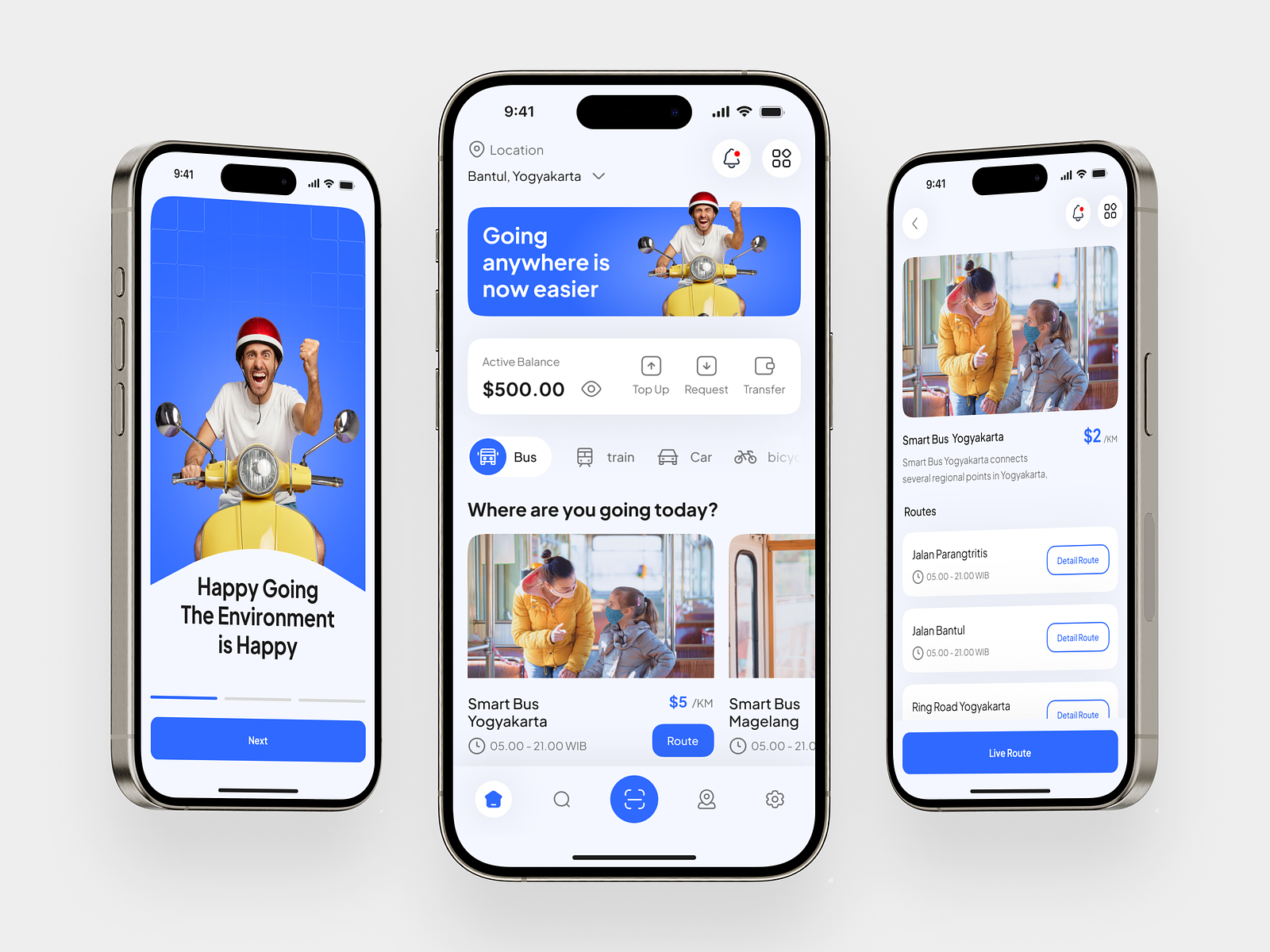Salesforce App Development for Healthcare

Strong 8k brings an ultra-HD IPTV experience to your living room and your pocket.
Healthcare organizations must navigate complex challenges such as managing sensitive patient data, coordinating care among various providers, and ensuring regulatory compliance.
✍️ Design plays a huge role in user retention. Learn how UI/UX design in app development shapes user experiences and impacts success rates.
Salesforce app development offers tailored solutions to address these challenges by enabling seamless data management, enhanced workflows, and real-time collaboration, ultimately leading to improved patient outcomes and operational efficiency.
Why Choose Salesforce for Healthcare App Development?
Salesforce provides robust healthcare solutions, including Health Cloud, designed to empower organizations with a comprehensive view of patients, providers, and care plans. Developing custom apps on the Salesforce platform enhances scalability, data security, and integration capabilities, making it ideal for healthcare organizations that require dynamic, real-time operations.
With custom healthcare apps built on Salesforce, organizations can improve care coordination, boost productivity, and enhance the overall patient experience.
Key Features of Salesforce Healthcare Apps
1. Secure Patient Data Management
- Custom apps can store, organize, and secure patient records, including medical history, prescriptions, lab reports, and billing details.
- Built-in Salesforce security features like Shield Platform Encryption, audit trails, and role-based access ensure compliance with privacy regulations such as HIPAA and GDPR.
2. Advanced Appointment Scheduling
- Enable patients to book, modify, and manage appointments through self-service portals.
- Real-time calendar synchronization integrates with healthcare providers' schedules, while notifications and reminders ensure timely follow-ups.
3. Care Coordination and Collaboration
- Apps can provide real-time data access for care teams, improving communication and coordination among doctors, nurses, specialists, and administrative staff.
- Salesforce Chatter or custom messaging systems facilitate secure internal communications.
4. Telehealth Integration
- Develop telehealth-compatible apps that integrate virtual consultation platforms directly with Salesforce.
- Automatically sync patient data, consultation notes, and follow-up actions with their Salesforce records.
5. Custom Patient Portals
- Deliver personalized experiences by creating portals where patients can securely access their medical history, view appointments, and communicate with providers.
- Leverage Salesforce Experience Cloud to build feature-rich portals that support various access levels for patients and caregivers.
6. Data Analytics and AI-Powered Insights
- Use Salesforce Einstein Analytics to generate actionable insights from large datasets.
- Custom dashboards can provide real-time reports on patient outcomes, resource utilization, and operational trends.
- Predictive analytics can identify at-risk patients and recommend preventative care measures.
7. Integration with Third-Party Systems
- Connect Salesforce apps to Electronic Health Record (EHR) systems, billing software, and diagnostic tools via APIs and middleware.
- Enable real-time data synchronization between systems to reduce errors and improve decision-making.
8. Process Automation
- Automate key processes such as patient onboarding, document management, and appointment follow-ups using Salesforce Flows, Apex triggers, and Process Builder.
- Implement automated notifications to alert staff about critical updates, reducing the risk of delays or missed tasks.
Benefits of Custom Salesforce Healthcare Apps
1. Enhanced Patient Experience
- Faster access to relevant data enables healthcare providers to respond more quickly to patient needs.
- Personalized care plans and self-service options enhance engagement and satisfaction.
2. Improved Operational Efficiency
- Automating administrative tasks such as scheduling and billing reduces manual errors and frees up staff time.
- Centralized data management ensures that all stakeholders have access to consistent, up-to-date information.
3. Scalable and Customizable Solutions
- Salesforce apps can be scaled to accommodate growing data volumes, new business units, and additional features as your organization expands.
- Custom components can be built using Salesforce’s Lightning Web Components (LWC) for a modern, responsive user experience.
4. Regulatory Compliance and Data Security
- With Salesforce’s advanced security architecture, including OAuth authentication, field-level encryption, and audit logs, healthcare organizations can meet stringent compliance requirements.
5. Real-Time Data Access and Collaboration
- Seamlessly integrate real-time data sharing across multiple systems, enabling faster and more accurate decision-making.
- Teams can collaborate in real time using shared dashboards and communication tools built into the Salesforce platform.
6. Reduced IT Costs
- By leveraging Salesforce’s cloud infrastructure, healthcare organizations can reduce costs associated with on-premise servers and IT maintenance.
- Regular updates from Salesforce ensure that apps remain secure and compatible with the latest technologies.
Use Cases for Salesforce App Development in Healthcare
1. Hospital Management
- Custom apps can track bed occupancy, manage staff schedules, and coordinate patient care.
- Integration with EHR systems allows for real-time updates on patient admissions and discharge plans.
2. Clinical Trials and Research
- Manage clinical trial data, including participant records, trial protocols, and regulatory documentation.
- Automate reporting to ensure compliance with regulatory bodies and sponsors.
3. Home Healthcare Services
- Mobile apps enable home care providers to update treatment notes and capture real-time patient data while in the field.
- Data synchronization ensures that both care teams and administrators have immediate access to critical information.
4. Patient Engagement and Marketing
- Use marketing automation tools to engage patients with personalized communication, reminders, and educational content.
- Track engagement metrics to measure the effectiveness of outreach campaigns.
5. Emergency Response Coordination
- Apps can coordinate emergency response efforts by providing real-time visibility into resource availability and incident tracking.
Technologies and Tools
Leverage a wide range of Salesforce tools and technologies to build high-performance healthcare apps, including:
- Salesforce Health Cloud
- Salesforce Platform APIs (REST, SOAP, GraphQL)
- Lightning Web Components (LWC)
- Einstein AI and Analytics
- Salesforce Connect (for external data integration)
- Heroku (for custom app hosting and scalability)
Our solutions are tailored to fit your specific needs, ensuring that every feature aligns with your business objectives and compliance requirements.
Partner with Us for Expert Salesforce App Development Services
At Emorphis Technologies, we specialize in developing innovative, secure, and scalable healthcare apps on Salesforce. Our expertise in Health Cloud, data integration, and process automation empowers healthcare organizations to deliver better patient outcomes while enhancing operational efficiency.
Let us help you transform your business with custom Salesforce app development services.
Also, read: Harnessing Salesforce APIs for Seamless App Integration
Note: IndiBlogHub features both user-submitted and editorial content. We do not verify third-party contributions. Read our Disclaimer and Privacy Policyfor details.







